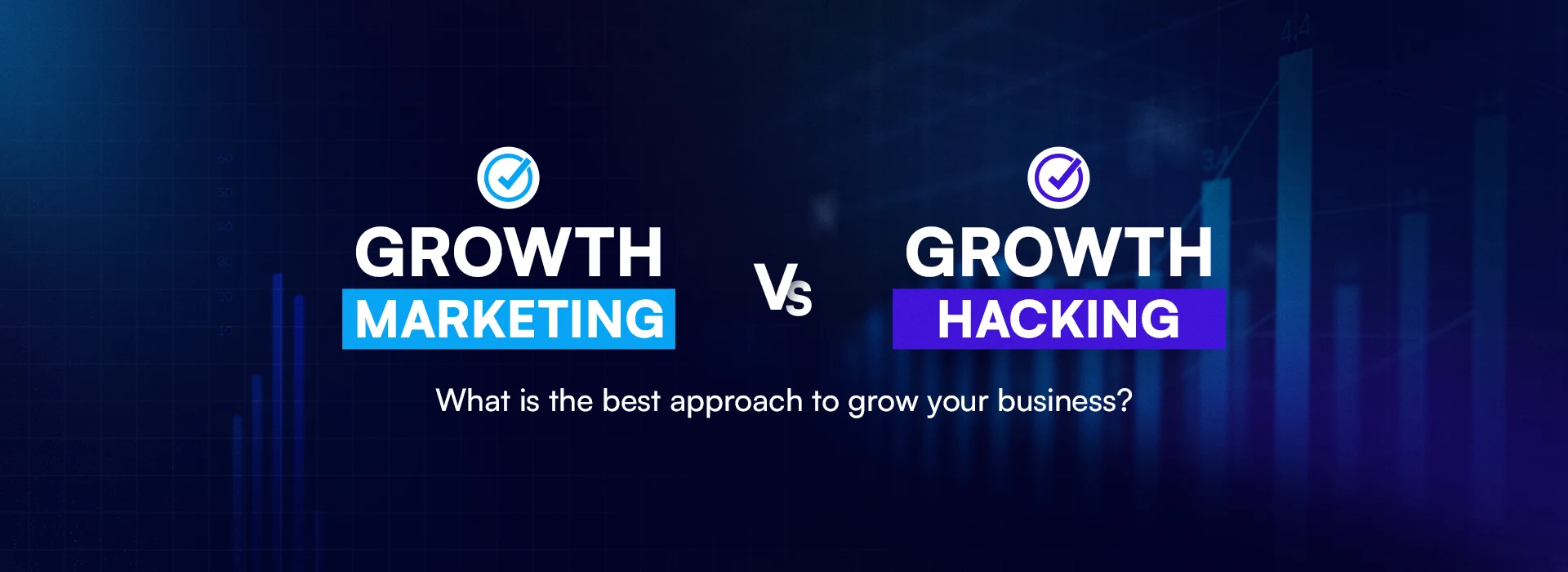In the modern business landscape, digital marketing has become an essential tool for reaching and engaging consumers worldwide. With the proliferation of the internet and mobile devices, companies now have the opportunity to interact with their customers in more dynamic and personalized ways than ever before.
Digital marketing encompasses a variety of strategies and tactics that use the internet as the main medium to promote products and services. From search engine optimization (SEO) to email marketing and paid advertising, digital marketing offers a wide range of options to attract, convert, and retain customers.
What is Digital Marketing?
Digital marketing refers to all marketing activities that use the internet and electronic devices. Companies utilize digital channels, such as search engines, social media, emails, and their websites, to connect with current and potential customers. Through digital marketing, companies can reach a global audience effectively and measurably.
Main Components of Digital Marketing
- SEO (Search Engine Optimization): The process of optimizing content to appear in search results organically.
- Content Marketing: The creation and distribution of relevant content to attract and engage a target audience.
- Social Media Marketing: The use of social platforms to promote products or services and interact with the audience.
- Email Marketing: Sending direct messages to the target audience, informing them of news and promoting products.
Benefits of Digital Marketing
Global Reach:
Digital marketing offers the ability to reach customers anywhere in the world, breaking geographical barriers and significantly expanding the potential customer base.
Precise Targeting:
Unlike traditional marketing, digital marketing allows targeting specific audiences based on demographic, behavioral, and psychographic data, ensuring the right message reaches the right person.
Measurable Results:
Digital analytics tools enable companies to monitor and measure their campaign performance in real-time, adjusting strategies as needed to maximize return on investment.
Cost-Effectiveness:
Digital marketing campaigns can provide a greater return on investment compared to traditional channels, making them an accessible option for companies of all sizes.
Effective Digital Marketing Strategies
Implementing a successful digital marketing strategy requires a clear understanding of available tools and tactics and how they can be used to achieve your business goals. Below are some key strategies that can be used to optimize your digital marketing campaigns.
- Search Engine Optimization (SEO)
SEO is crucial for increasing online visibility and attracting organic traffic to your site. This involves:
- Keyword Research: Identify relevant keywords, such as “digital marketing,” that your audience is using in search engines.
- On-Page Optimization: Improve on-site elements like title tags, meta descriptions, and URL structure for easier indexing.
- Quality Content: Create valuable and informative content that answers frequently asked audience questions and solves their problems.
- Backlinking: Obtain quality links from other sites to increase your site’s authority in search engines.
- Content Marketing
Creating relevant and high-quality content is one of the most effective ways to attract and engage a target audience. Strategies include:
- Blogging: Publish articles that educate, inform, and engage your target audience.
- E-books and White Papers: Offer free downloads to capture leads in exchange for contact information.
- Videos and Podcasts: Use audio and video formats to diversify content and reach different audience segments.
- Social Media Marketing
Social networks are vital for building and maintaining relationships with customers. Effective strategies include:
- Proactive Engagement: Respond quickly to comments and messages to build a trusting relationship with the audience.
- Visual Content: Create and share images, videos, and infographics that resonate with your audience and encourage sharing.
- Paid Campaigns: Use paid advertising on social networks to reach new audiences and drive qualified traffic to your site.
- Email Marketing
Email marketing remains one of the most effective tactics for nurturing leads and keeping customers engaged. This can be done through:
- Newsletters: Send regular updates and valuable content to inform and educate your audience.
- Email Automation: Set up automated email sequences to nurture leads with relevant content based on specific user actions.
- Personalization: Use customer data to personalize emails, increasing engagement and conversion rates.
Implementing Digital Marketing Strategies
For a digital marketing strategy to be effective, its implementation must be well-planned and executed precisely. Here are some practical approaches to ensure the success of your digital marketing campaigns.
- Planning and Goal Setting
Before launching any digital marketing campaign, it is crucial to clearly define your goals and understand your target audience. This includes:
- Establish KPIs: Determine key performance indicators, such as increased traffic, conversions, and ROI, to measure campaign success.
- Develop Buyer Personas: Create detailed profiles of your ideal customers to guide targeting and personalization strategies.
- Coordinated Execution
Effective execution of digital marketing campaigns requires a coordinated approach where all tactics are aligned with your overall goals.
- Content Calendar: Plan content publication and campaigns in an editorial calendar to ensure consistency and alignment with business goals.
- Tool Integration: Use platforms that integrate your digital marketing activities, such as email automation, SEO, and data analytics tools.
- Multichannel: Ensure your messages are unified and disseminated cohesively across various digital channels, including your website, social media, and emails.
- Monitoring and Adjustments
Digital marketing offers the advantage of allowing quick adjustments based on real-time feedback, which is crucial for optimizing campaigns.
- Data Analysis: Use tools like Google Analytics to monitor site performance, conversion rates, and user behavior.
- A/B Testing: Test different versions of ads, landing pages, and emails to determine which are more effective.
- Customer Feedback: Regularly collect customer feedback to identify areas for improvement and adapt your strategies accordingly.
- Practical Examples and Case Studies
Demonstrate the effectiveness of your strategy with real examples and case studies that illustrate how digital marketing can transform businesses.
- Customer Testimonials: Share success stories from clients who have benefited from your digital marketing campaigns.
- Detailed Analyses: Publish detailed case studies describing the challenges faced, implemented solutions, and results achieved.
Digital marketing is not just a passing trend; it is an essential approach for any business that wants to grow and thrive in an increasingly digital world. With the right strategies, companies can not only increase their visibility and reach but also build lasting and meaningful relationships with their customers.
The key to success in digital marketing lies in your ability to quickly adapt to changes and integrate technological innovations into your strategies. This requires a deep understanding of your target audience’s needs and a customer-centered approach that prioritizes delivering value.
If you’re ready to transform the way your company interacts with its audience, we invite you to request a free analysis of your business. Our team of experts can help identify unique opportunities and effectively implement Growth Marketing adapted to your company’s specific challenges and goals. Take the first step towards sustainable growth and contact us today to discover how we can help you achieve your digital marketing goals.










